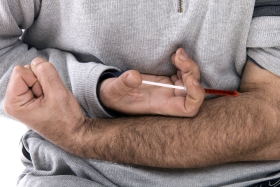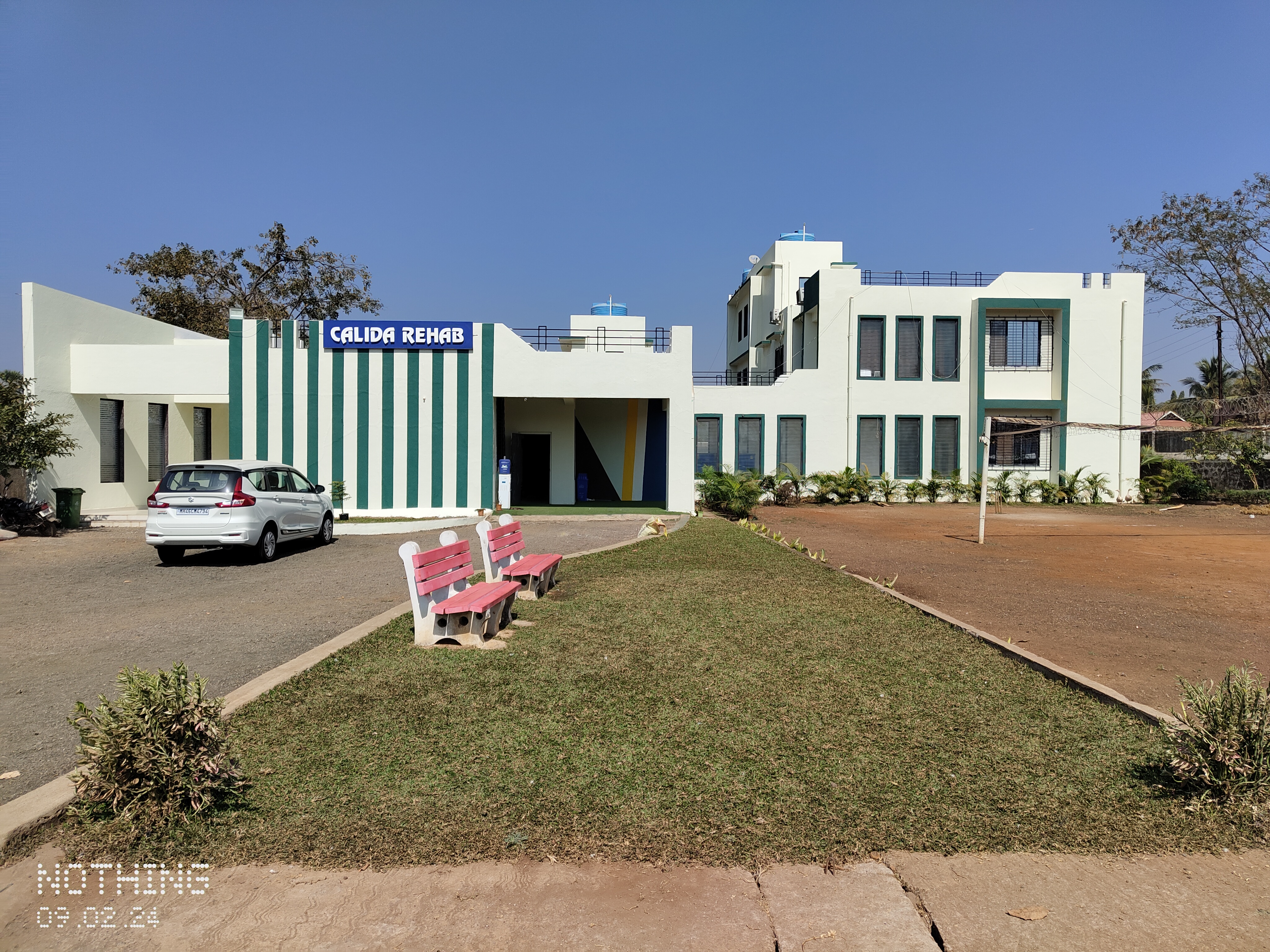Dealing with Denial and Two Powerful Drugs
Have you ever felt all alone?
Maybe hundreds of people surrounded you. Maybe even your loving family or a close friend was nearby, but that feeling of loneliness wouldn’t leave you—it almost felt like there was no one else in world. No one to talk to. No one to relate with…
This is how many addicts feel: alone in their addiction. Feeling as if no one in the world can understand what they are going through.
Because of this isolated mindset, addicts shift responsibility, justify their problem and eventually deny their addiction all together.
When an Addict Denies Addiction
Denying an obvious truth sustains whatever is being denied. When an addict refuses to accept his addiction, he tricks himself and continues directly towards his problem.
Here are a few things to keep in mind when dealing with an addict in denial:
- [pullquote]”Delay is the deadliest form of denial.” — C. Northcote Parkinson[/pullquote]An addict in denial is ignoring the problem. And in not dealing with his addiction, there is no opportunity for recovery.
- Addicts in denial shift responsibility. They have to justify their addiction somehow, so they direct the blame away from themselves.
- Addicts in denial don’t understand. When an addict denies his addiction, he loses sight of what that addiction is doing to him. Then in doing so, often blames the effects of his addiction on life circumstances.
- An addict in denial doesn’t want to face the facts. They minimize the consequences of their problem, and refuse to acknowledge it for what it really is.
- Denying addicts feel alone. Like I said before, these addicts feel like no one can possibly understand what they’re going through.
For example… Brown Sugar and Crack Cocaine
Often, addicts in denial have hit rock bottom.
To try and understand the emotional state so many addicts find themselves in, let’s consider the effect of two powerful and popular drugs: Brown Sugar and Crack Cocaine.
1. Brown Sugar
Brown sugar is an impure form of heroin. The impurities usually found in brown sugar create a dangerous and risky substance. You’re never absolutely sure what’s going into your body when you use brown sugar.
Typically injected or smoked, brown sugar threatens the emotions of its users on a number of levels. Depression, frustration and intense lack of concentration are just a few of the direct effects that set in after using the drug.
Intense withdrawal often follows brown sugar and heroin use, sending addicts into a desperation that often leads to sharing needles (facing the danger of AIDS and other infections) or steeling money to buy more of the drug. Many addicts become dependent on brown sugar, but refuse to accept that they are addicted addiction.
Who would want to admit that a powder is controlling them?
2. Crack Cocaine
Like brown sugar, crack is basically a dirty form of its pure derivative: cocaine.
 Crack is the crystalline form of cocaine (which is a white powder). The small solid pellets are heated and the fumes are smoked. The crackle noise the stuff makes while it burns gives the substance its name.
Crack is the crystalline form of cocaine (which is a white powder). The small solid pellets are heated and the fumes are smoked. The crackle noise the stuff makes while it burns gives the substance its name.
Crack reaches the brain much faster than regular cocaine, and gives the user a powerful, but short, high. Intense depression often follows the high—then an “edginess” pursues, causing the individual to crave more crack.
Imagine this (maybe you don’t have to)—one moment you feel completely elated, and the next utterly depressed. The emotional roller coaster crack takes an addict on is ridiculous. And no one wants to admit they’re addicted to the thing destroying them.
No one wants to admit they’re addicted to crack.
De-Addiction and Denial
If you believe one of your friends is in denial, talk to him. It is very important they accept their addiction—if they don’t, they’ll never seek help.
Check out our latest blog series on Helping the Addict.
















